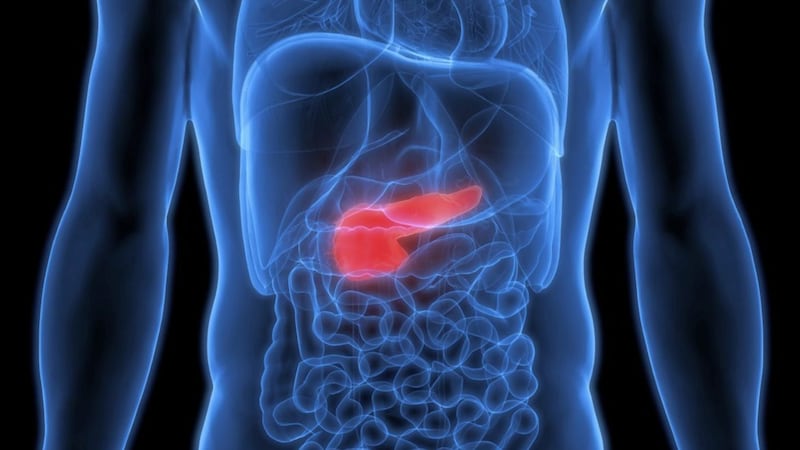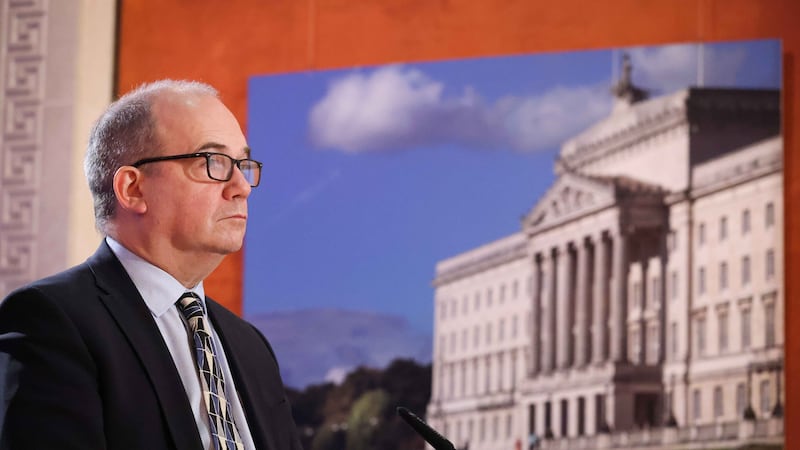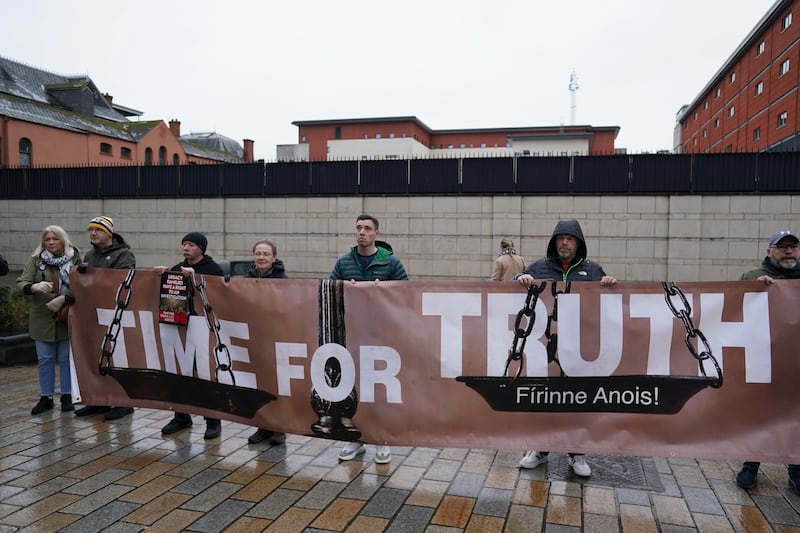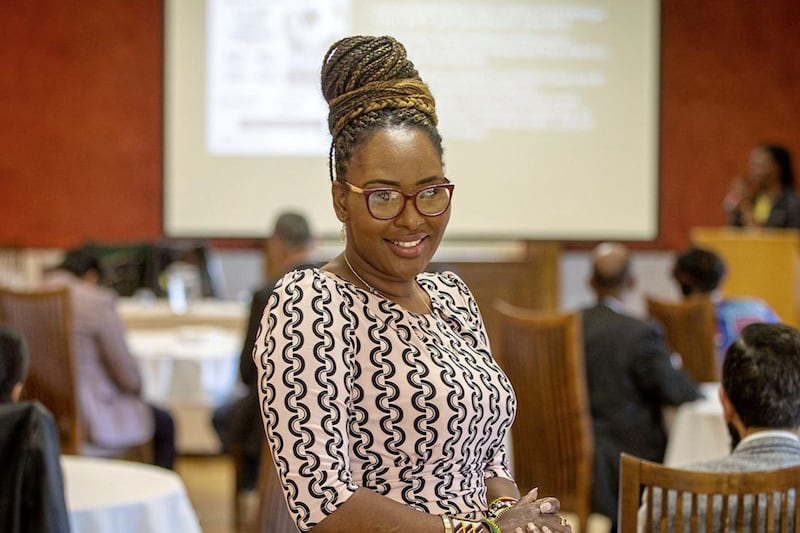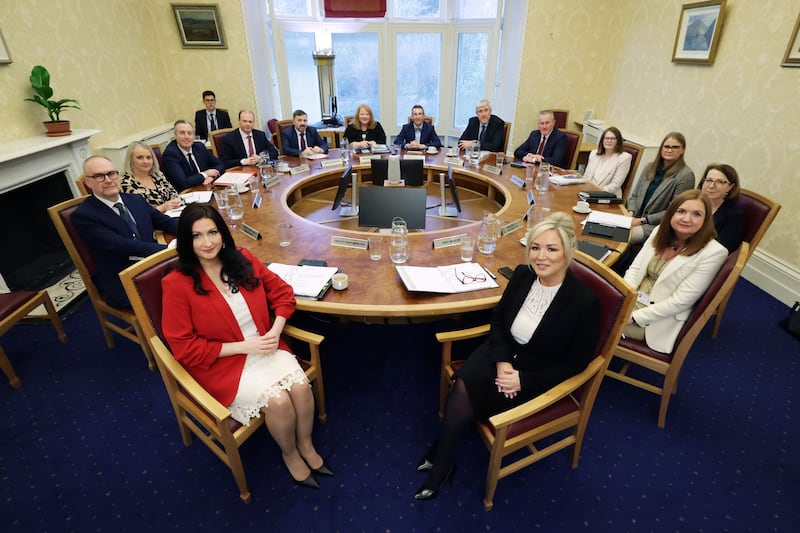The Stormont budget imposed by the secretary of state presents enormous challenges to the public services we each interact with.
From the prospect of street lights being turned off and fewer social houses being built to the ending of a 'holiday hunger' scheme for children entitled to free meals at school and a reduction in arts funding, the cuts will have a direct impact on our quality of life.
In some cases, even the length of that life stands to be affected by the longer-term impact of Chris Heaton-Harris's allocations to departments.
Although health and social care received a 0.5 per cent increase in its budget, in the context of stubbornly high inflation and rising costs this represents a real world cut. Indeed, the Department of Health says it faces a funding gap of around £730 million.
The difficulties facing our health service are all too well known. They include spiralling hospital waiting lists, overstretched GPs, bulging emergency departments and staff shortages.
Our MLAs bear much responsibility for the grim scenario. Despite knowing our health system needs a radical overhaul - as most recently mapped out in the Bengoa Report in 2016 - Stormont has made dismal progress, even taking the coronavirus pandemic into account.
When the DUP do eventually decide to end their utterly illogical boycott of power-sharing, a new executive will inevitably make a number of pledges about how important the health service and its reform is; we will, however, have heard it all before.
Cancer care is just one of the areas facing, according to the department, an "extremely challenging" time because of the budget crisis. This includes the Cancer Strategy for NI 2022-2032, which aims to ensure that everyone has "equitable and timely access to the most effective, evidence -based referral, diagnosis, treatment, support and person-centred cancer care".
It is important to acknowledge that progress has been made. For example, two new rapid diagnosis centres in Newtownabbey and Dungannon are providing pathways for earlier cancer diagnosis.
But it is essential that the fight against cancer maintains momentum, as an audit of pancreatic cancer cases has vividly demonstrated.
These have risen by 86 percent over two decades, from 152 in 2001 to 283 in 2020, research funded by pancreatic cancer charity NIPANC found.
Professor Mark Taylor of the Royal College of Surgeons called for services to be strengthened in response to increasing pancreatic cancer referrals.
A punishment budget from Westminster and the unconscionable absence of a government at Stormont can only make that more difficult – to the detriment of us all.
